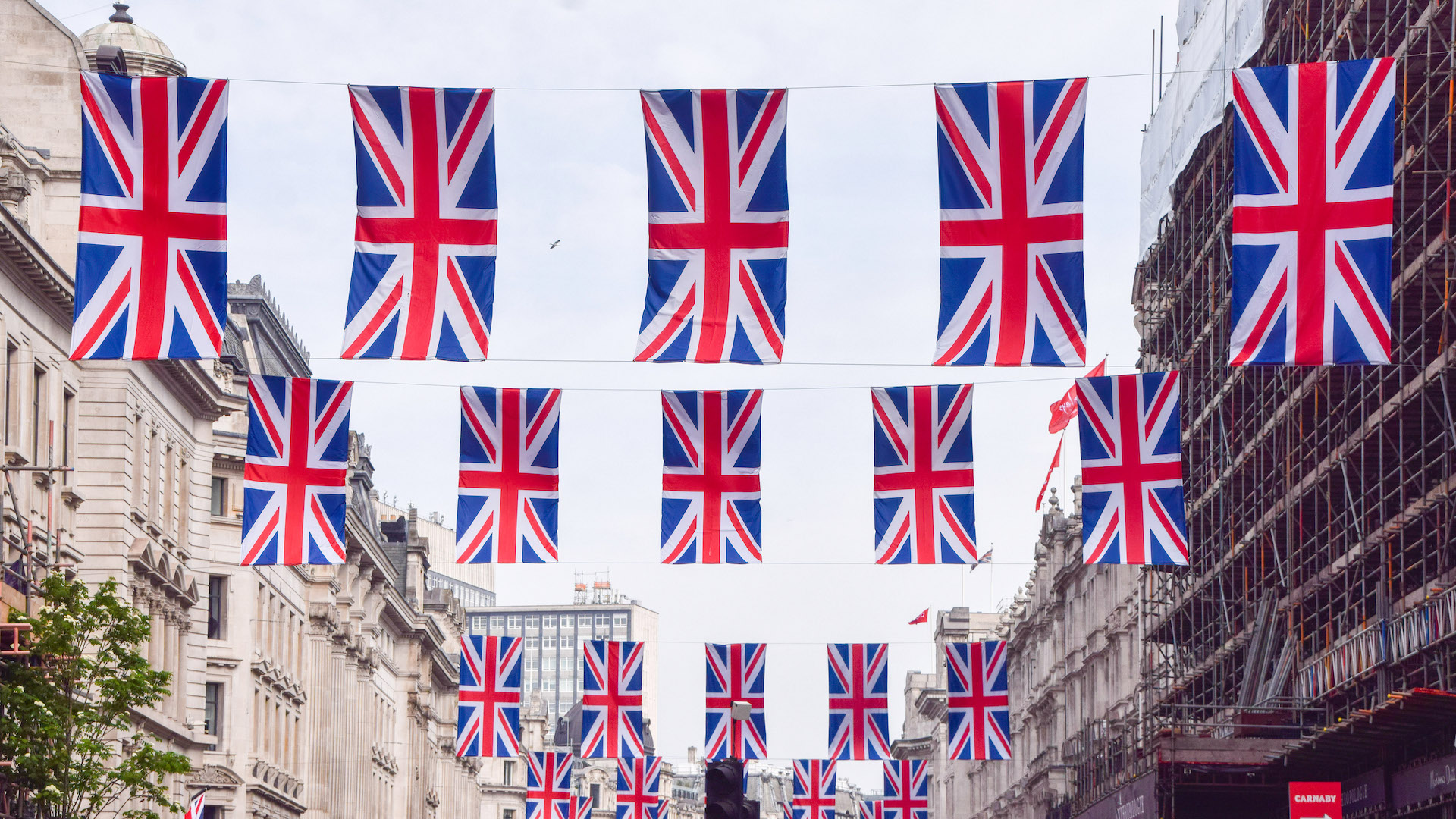The viewing platforms are being erected, the robes are being dry cleaned and television presenters from all around the globe are frantically revising their knowledge of British royal history and tradition for the moment when Operation Golden Orb (yes, seriously) swings into action for the coronation of Charles III and Queen Consort Camilla.
For most of us, this will be the first coronation we’ve seen, the last being 70 years ago when the late queen was crowned. However, as King Charles is already in his mid-seventies, it seems likely (without committing the formerly treasonable and punishable by death crime of foretelling the monarch’s demise) that the majority of us will probably still be around to witness the next one.
The usual once-in-a-lifetime rarity of coronations has often been used to justify the tremendous levels of pomp which come with it, none of which comes cheaply. In this instance, it has been estimated that King Charles’ coronation will cost around £100 million, a frankly astonishing amount of money at a time when the country is struggling with the economic repercussions of the pandemic and Brexit along with a grossly inflated cost of living.
When we are constantly being told what we can’t afford, is it really any wonder that many of us feel rather annoyed that something that seems so vainglorious, so superfluous, so brain-meltingly expensive is apparently affordable at a time like this? It feels especially strange and obsolete when one considers that, elsewhere in Europe, grand coronations have been replaced by fuss-free egalitarian ceremonies that are more akin to presidential inaugurations in the US. Most recently in Spain, King Felipe had a low-key enthronement ceremony in the Spanish Parliament the morning after his father’s abdication in June 2014.
A cursory look around social media reveals that there are plenty of people willing to defend this decision on the grounds that it is tradition – but just how traditional is it really? No one is disputing that the transfer of power from one ruler to another is a significant event and the inauguration of new monarchs has always involved elements of ritual and celebration. But, at some point, the desire for spectacle and pageantry overtook the actual spiritual meaning of the ceremony itself.
Consider the lengths that Joan of Arc went to in order to achieve the coronation of Charles VI, when he was the dispossessed claimant to the French throne, the magnificent processions and celebrations that marked the coronation of Charles II when he returned to England after the Interregnum. These opulent events were considered absolutely necessary as a means to establish the authority of a returning monarch.





